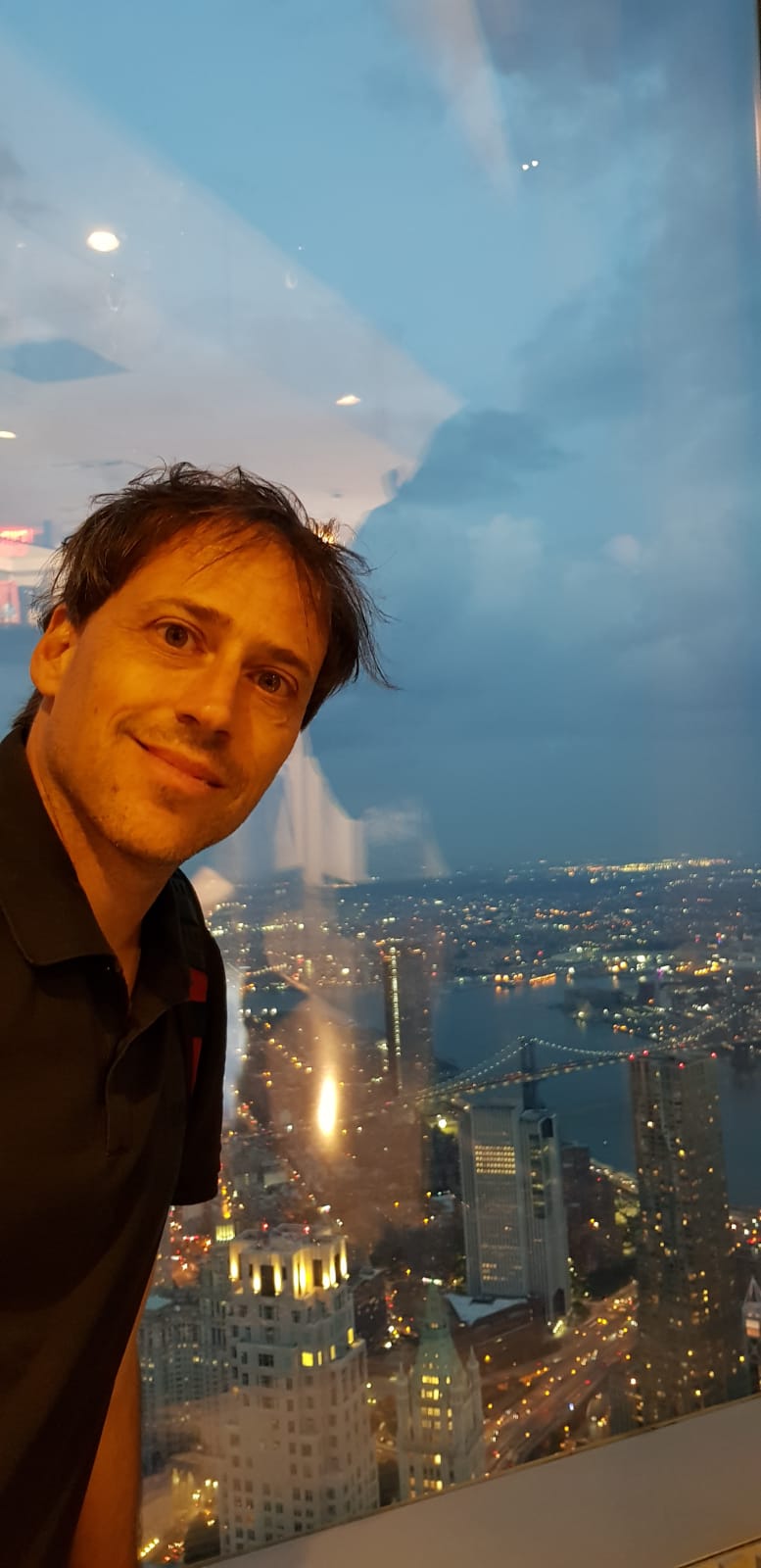
Ofer Feinerman
BSc: Physics and Mathematics (Hebrew University,
Jerusalem, Israel)
MSc: String theory (Hebrew University, Jerusalem, Israel)
PhD: Neuroscience (Weizmann Institute, Rehovot, Israel)
Post-Doc: Immunology (Sloan Kettering Cancer Research Center, NYC, NY)
Since 2010 member of Department of Physics of Complex Systems at
Weizmann Institute of Science. Field of study: Social Insects
Managing information over multiple organizational scales
The main adaptive advantage of social insects is their ability to concurrently probe multiple locations while gathering information over scales that are much larger than that of a single individual. Collecting information is, however, only the first step since information fragments must be fused to yield collective action. This information aggregation process is far from trivial and can teach us about the tensions between individual and group and how these might be resolved in an effective manner. This talk will discuss several examples for such tensions and their resolution in the context of cooperative transport by longhorn crazy ants: collectively accumulated information vs. updated individual information, large scale information required for effective action vs. small scale information available to individuals, and group level consensus from conflicting individual information. All these examples point towards information collection and aggregation schemes that utilize the advantages of large groups without compromising the valuable information gathered by each individual.